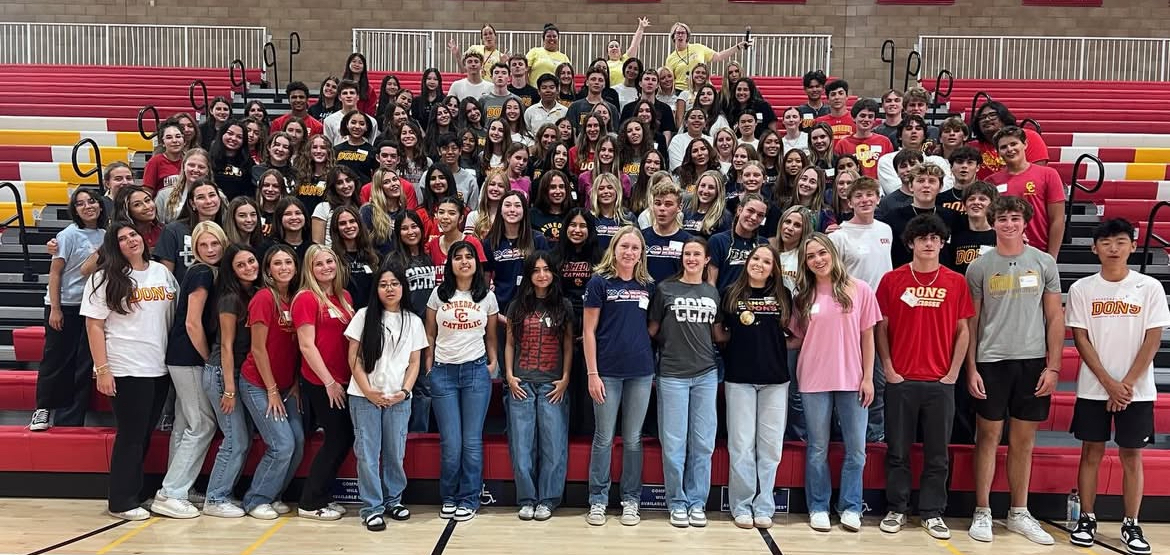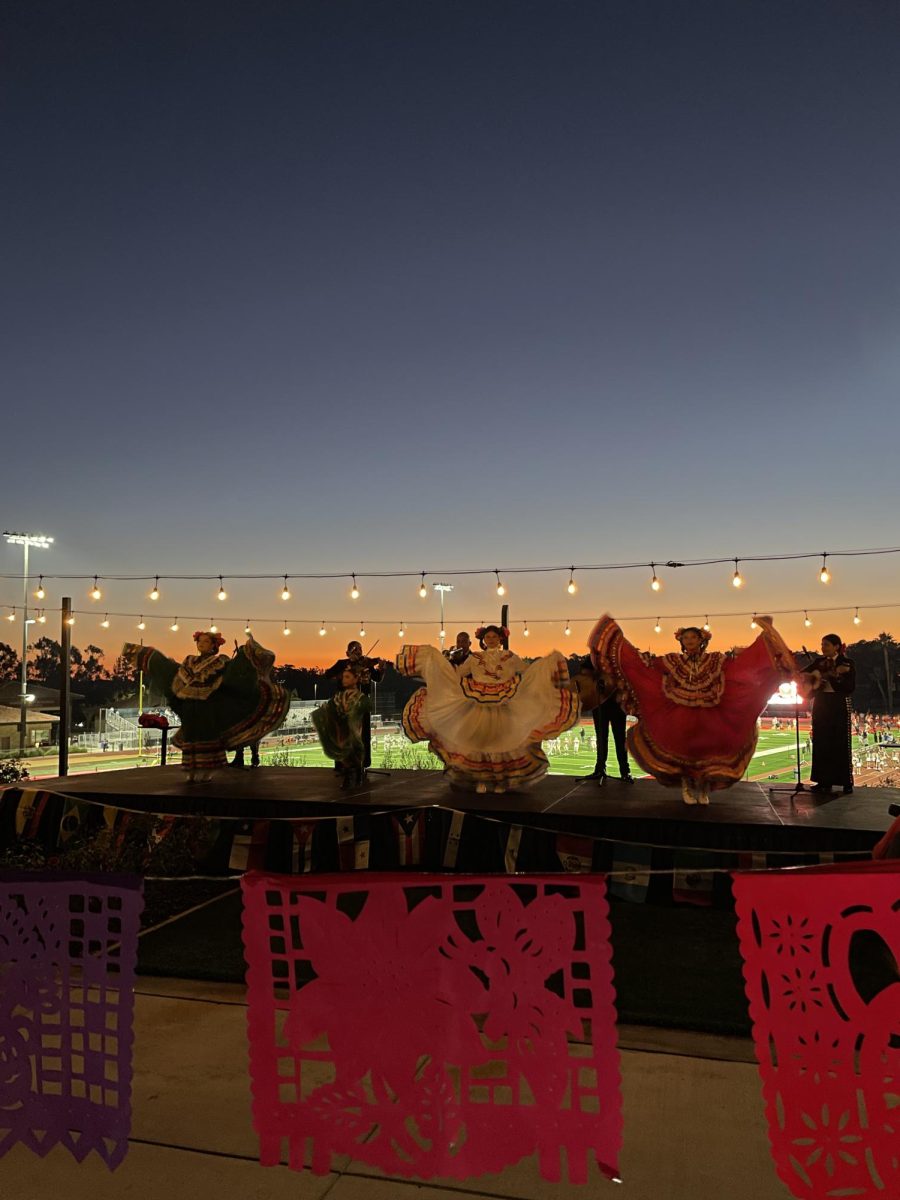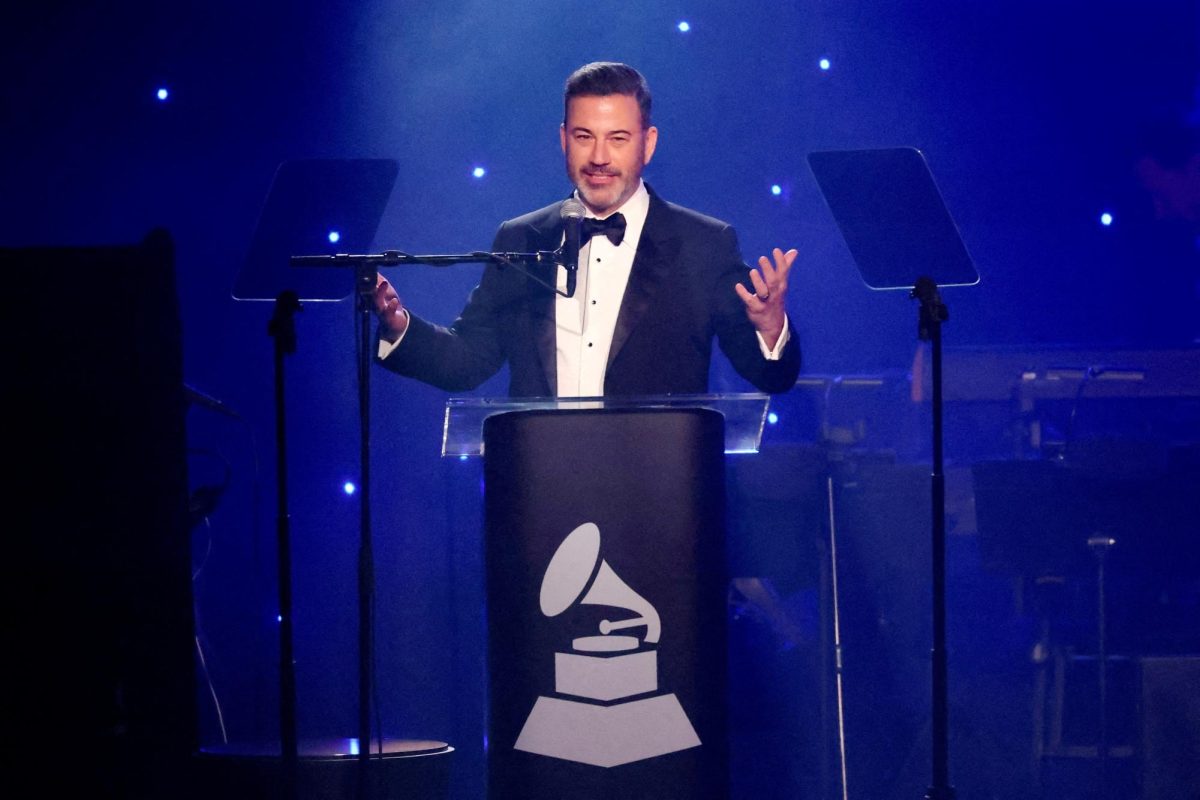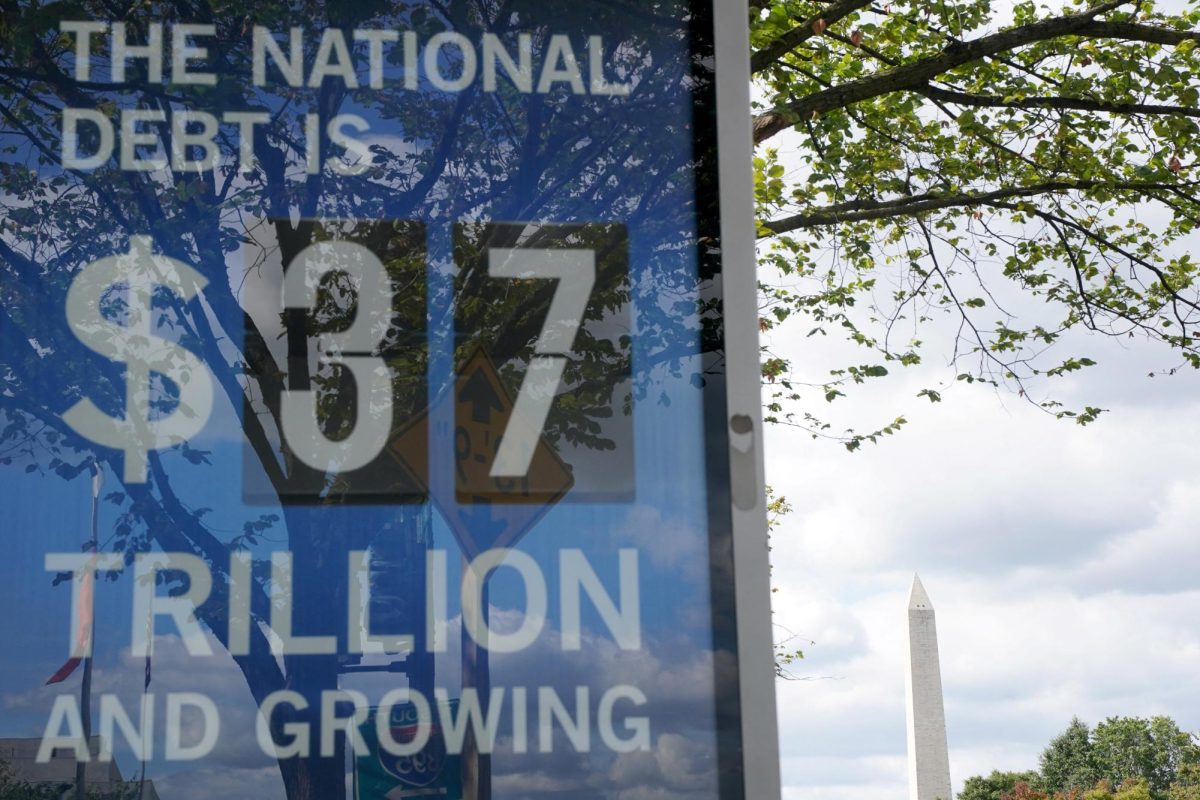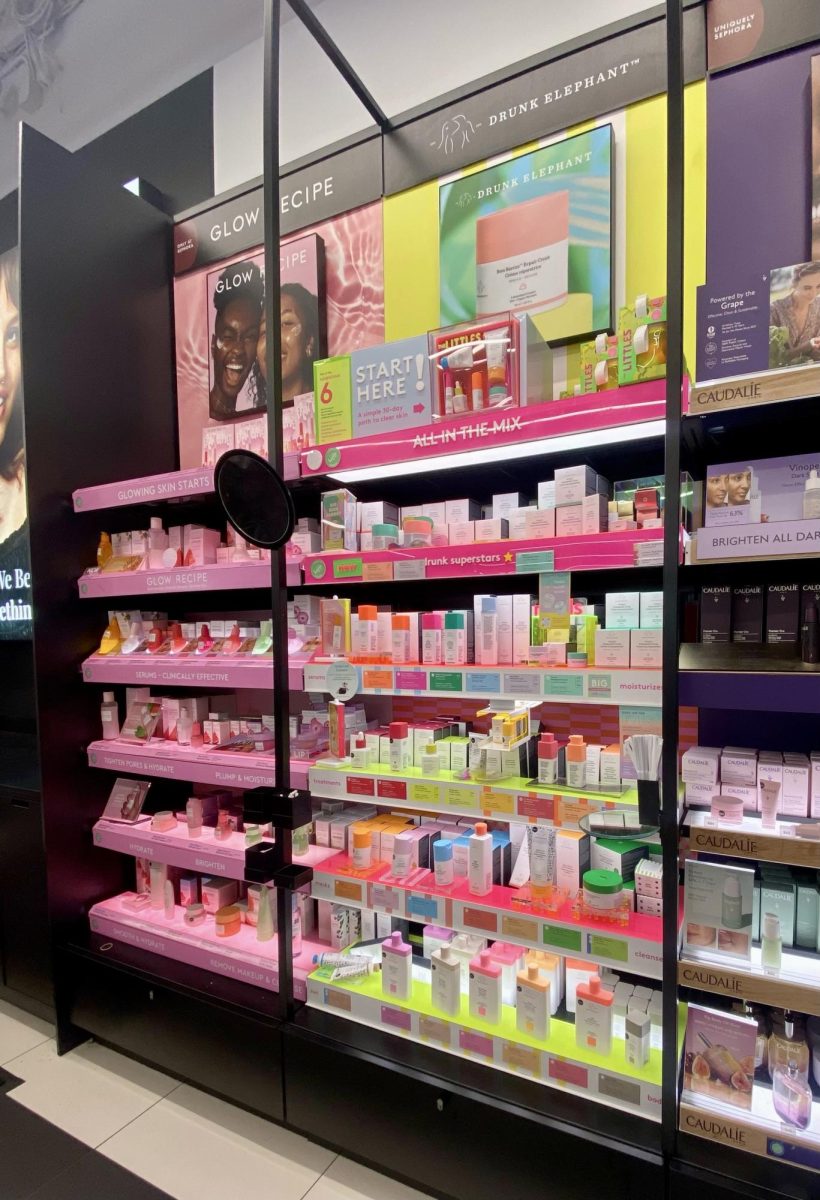You may have seen the 10-year-olds in Sephora rave across TikTok. This trend has increasingly grown in popularity and is focused on 10-year-old girls who have developed a growing interest in skincare and makeup, and it’s even called the “10-year-old epidemic.” TikTokers have been clapping back at these kids because of their netiquette and rude behaviors in Sephora, to the employees, makeup samples, and the idea of them “acting older than they are.”
“Videos of young girls crowding Sephora aisles with baskets carrying hundreds of dollars worth of products have dominated TikTok for several weeks. People say the store looks like an elementary school for the beauty-obsessed 10-year-olds, some of whom have been caught treating employees poorly and destroying displays”, states USA Today.
Many “Tiktokers are claiming their once-peaceful Sephora experience is being ruined by 10-year-old girls”, stated National Post. Many TikTokers share their views on this situation, and all commonly express having unfriendly encounters with the 10-year-olds in the store.
A former Sephora employee shares her experience in a TikTok video. “She says a young girl came up to her asking for a skincare product by the costly brand Drunk Elephant.” When the employee “replied it was sold out, the young girl” rudely responded and “asked for a retinol product instead, which is typically used for anti-aging” (National Post).
Because of social media, young girls are gravitating toward beauty brands such as Drunk Elephant, Glow Recipe, Rare Beauty, and others geared toward older people. The brands they are purchasing from are raising many concerns to the public because “these brands are known for their high-end potent formulations, often packed with harsh active ingredients such as retinol and chemical exfoliants…not only are these products becoming less accessible for adults with genuine skin concerns, but there’s also the risk of young children misusing these products and causing irreversible damage to their skin”, as stated by The Teen Magazine.
Dermatologist Dr. Sonya Cook “believes because kids are so “hooked” to social media, they become more knowledgeable on skin care products like vitamin C and retinol, causing them to want to use the products, even if they’re not needed. Additionally, she says, “if they see a parental figure using skincare products, they will want to try it, too.”
TikTokers have been coming up with theories about why kids are drawn to Sephora. TikToker Alyssa Mosley theorizes, “Until recently, there weren’t as many makeup brands to choose from. The industry has grown tremendously with more brands, and these brands could potentially be targeting kids to make more money out of greed.” Adding on, “That’s not to mention that this upcoming generation has more exposure than ever to social media.”
Many people have questioned how to say “enough is enough” to these kids when it’s not in their role to say so. USA Today states, “Preeteens are bombarded with influencer-sponsored advertisements and step-by-step tutorials for makeup and skincare products unlike generations past.” This makes us question if we can blame these girls for acting this way.
Adding on, “age-appropriate resources are becoming scarce for young girls who don’t want to be treated like kids yet have barely entered adolescence. The result, mental health experts say, is a generation of children with unprecedented levels of anxiety and self-esteem issues.”
Sonia Rodrigues, psychotherapist and senior director of Child and Adolescent Services with Rutger University Behavioral Health Care in New Jersey, states, “Social media influences are expanding their target group, so there’s a lot of pressure for kids to fit in and figure out what’s trending to feel connected with their friends much earlier than they need to be feeling that” (USA Today).
This ultimately shows how effective social media is in influencing groups of people. “As platforms become more advanced, advertising continues to promote older content to younger audiences. Because of this, children feel the need to give the impression of being older than they truly are” (The General Consensus).
Teens on TikTok have reminisced how, when they were younger, they used to play with toys and shop at stores such as Clarie’s and Justice, not obsessing over purchasing the latest makeup and skincare products from Sephora. These kids didn’t have access to social media like kids do nowadays, showing social media’s impact on this generation.
The idea of “losing third places” has been evident in this situation. The term “Losing third places” describes “a place outside your home or workplace that facilitates social interaction”; this term was coined in the 1980s by sociologist Ray Oldenburg, according to In The Know.
Content creator Emily Ballesteros shared her thoughts on third places and how it’s currently being presented. She shares how instead of having these other third places, like a skating rink or a park, “third places are disappearing and it’s being replaced with the internet basically, so the internet is the third place where people go to socialize.”
Ballesteros states, “Nowadays, it’s like we have one place because people are working from home, at home. And if their third place is social media, then they’re just on their phone.”
Ballesteros “argues that the lack of a second or third place could result in people feeling an increased sense of pressure and dissatisfaction in their day-to-day lives.”
She elucidates, “when our lives feel that small, it can make us take things way too seriously, whereas when we have a variety of enrichment, and we’re spending time in different spaces, I think it makes us more leveled and have better perspective.”
The excessive use of social media is having a negative impact on our younger generation, as they spend most of their time on technology. As a result, these kids lose a sense of a “third place” because they’re too focused on trying to fit in with unrealistic societal norms that no one should feel they are “required” to achieve.
Although it’s okay for 10-year-olds to express themselves, even by purchasing products they might want from Sephora, if their motivation is solely based on trying to “fit in,” it’s unhealthy because trends are constantly fluctuating. Parents should also guide their kids on what products will work on their child’s skin. Kids do not need to use retinol or other strong products on their skin. Instead, they should lean toward products that will help more than harm.

